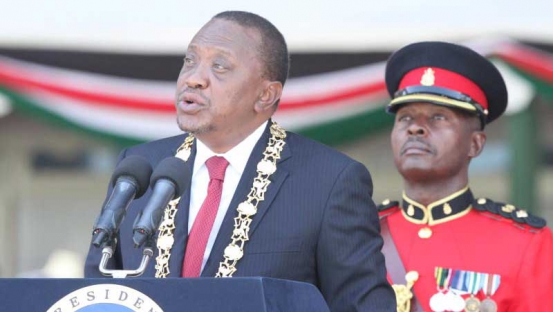
Elections are at the heart of democratic political systems where citizens choose their representatives. The Kenyan constitution recognises the sovereignty of the people and guarantees their right to exercise power directly and indirectly with elections being the instruments through which the people delegate their power to Parliament, legislative assemblies, county executives and the national executive led by the president.
While elections have always been conceptualised as selection exercises where citizens choose their leaders, a presidential election has a greater meaning beyond the narrow exercise of selecting leaders. Essentially, a presidential election is a sovereign approval of a leader’s party manifesto allowing him to form government and formulate public policy that determines the nation’s development trajectory.